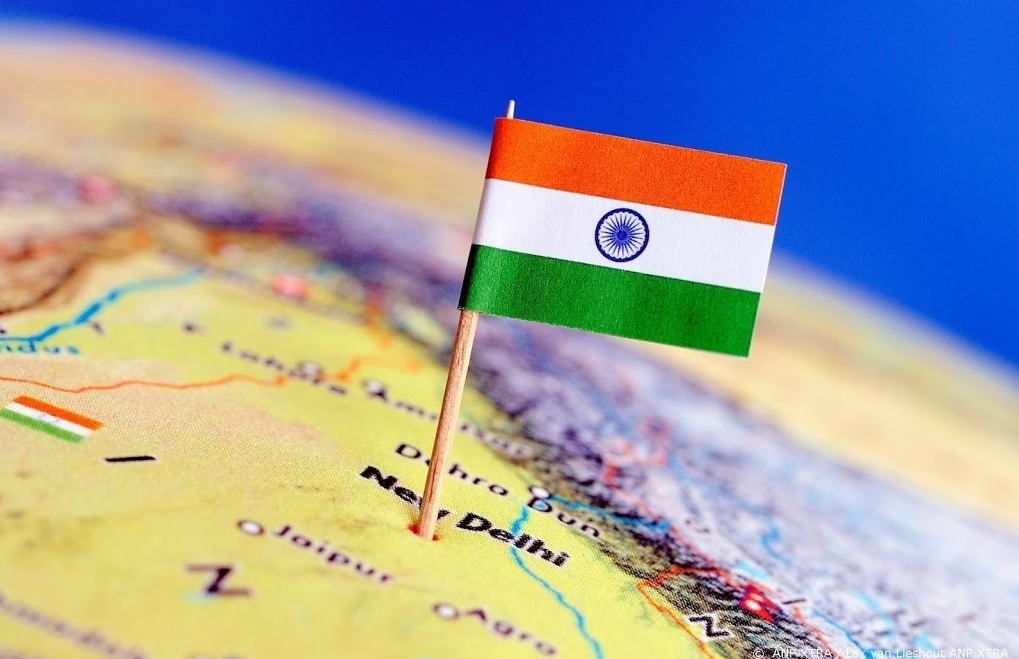
As India progresses embracing technology and its population inches towards the 900 million mark of connected Internet users who now not only communicate but also transact digitally, the threat of cyber looms large ahead every second. The Digital Public Infrastructure created by the government accelerated this whole phenomenon like never before as India surges ahead globally as leader in transacting digitally.
India has always been landlocked with hostile neighbours and with digital, the threat actors whether Internationally State Sponsored or Rogue threat elements just multiplied. This required an institutionalised approach unlike the knee jerk reactions India had in the past.
The establishment of the National Security Council Secretariat (NSCS) during the Vajpayee government’s tenure marked a significant milestone in India’s efforts to set up a national security infrastructure. However, it was the transformative phase initiated in 2015 under the leadership of the Modi government that truly elevated the Secretariat’s role and reshaped its functions to better safeguard the nation’s interests. Recognizing the evolving nature of security threats in the 21st century, the government embarked on a mission to reinforce the NSCS, empowering it to effectively address emerging challenges and ensure the country’s security preparedness in a rapidly changing geopolitical landscape.
At the core of this transformation was the strategic integration of the NSCS into the Allocation of Business Rules few years ago. This move was aimed at institutionalizing NSCS’ authority and bolster its operational efficiency. By providing a formal framework for coordinating and implementing national security policies across various government agencies, this integration strengthened the coherence and effectiveness of India’s security architecture.
Comprising four verticals, three of them led by Deputy NSAs, the NSCS’ organizational structure reflects its diverse portfolio of responsibilities and functions. The Strategic Affairs Wing plays a pivotal role in shaping India’s strategic posture and fostering international cooperation to safeguard national interests in an increasingly interconnected world. The Internal Affairs Wing is focused on ensuring robust governance and security measures within the country’s borders, safeguarding against internal threats and vulnerabilities. The Technology and Intelligence Wing leverages cutting-edge technologies to enhance India’s intelligence capacities and safeguards critical infrastructure against cyber-threats and technological disruptions, with the National Cybercrime Security Coordinator also functioning under it. Last but not the least, the Military Vertical under the NSCS provides strategic guidance to the armed forces, ensuring that India maintains a robust defence posture and remains prepared to address evolving security challenges.
In addition to its core functions, the NSCS serves as the secretariat for various entities, including the National Security Advisory Board and specialized groups like the National Information Board. This underscores NSCS’ central position within the national security architecture, serving as a hub for policy coordination, strategic planning, and intelligence analysis. Under its expanded mandate, the NSCS collaborates closely with stakeholders to develop holistic national security policies that address contemporary security challenges.
Notably, the Strategic Policy Group, now under NSA Ajit Doval’s purview, serves as a forum for inter-ministerial coordinator and policy formulation— ensuring coherence and synergy in India’s national security strategies. Many of these efforts have also borne fruit thanks to proactive measures taken by India’s Home Minister Amit Anil Chandra Shah.
The other aspect with India going digital and the ease that its citizens have benefited that needs to be safeguarded against are from relentless cyber-attacks being carried out by threat actors whether by adversarial state sponsored neighbours or routed through global threat actors. A Reserve Bank of India report in 2023 mentioned that there were more than a million cyber intrusions in 2023 with an average of 4,500 cyber assaults per day only in the financial sector. One can just understand the scale of assault from this every minute on how different critical infrastructure including banks, power, telecom, hospitals, start-ups, private sector and citizens are subject to on a daily basis.
Here too the government has fortunately risen to the occasion with the Prime Minister Modi and Home Minister Amit Shah taking proactive steps with initiatives like Cyber Safe India, the set up of Indian Cybercrime Coordination Centre (I4C) launched on 10th January 2020 which has already saved crores of rupees from getting lost for citizens. Other initiatives like the National Cybercrime Reporting Portal (NCRP), further strengthening of the Crime and Criminal Tracking Network & Systems (CCTNS) have begun to yield results.
Further institutional mechanisms like National Automated Finger-Print Identification System (NAFIS) by the National Crime Records Bureau (NCRB), National Cybercrime Helpline number- 1930 and set up of mechanisms like of blocking SIM cards, IMEI Devices, Bank Accounts, UPI IDs besides apps, websites etc have been noteworthy preventive initiatives for safeguard undertaken by I4C.
Important initiatives like CyTrain that has helped build capacity amongst Police officers besides strengthening of The National Cyber Forensic Laboratory (NCFL) will all have a long term impact for the future of India as institutional efforts always bear fruit ahead.
It is heartening to note that the highest office of Prime Minister considers Cyber security as a national and global security issue and the Home Minister believes in the need to enhance the capabilities to deal with new and emerging threat.
These institutionalised efforts are steps in the right direction to ensure the evolving security challenges are mitigated ad ring that India remains secure, resilient, and prepared to confront emerging threats on the global stage.
Rameesh Kailasam, CEO, Indiatech.org